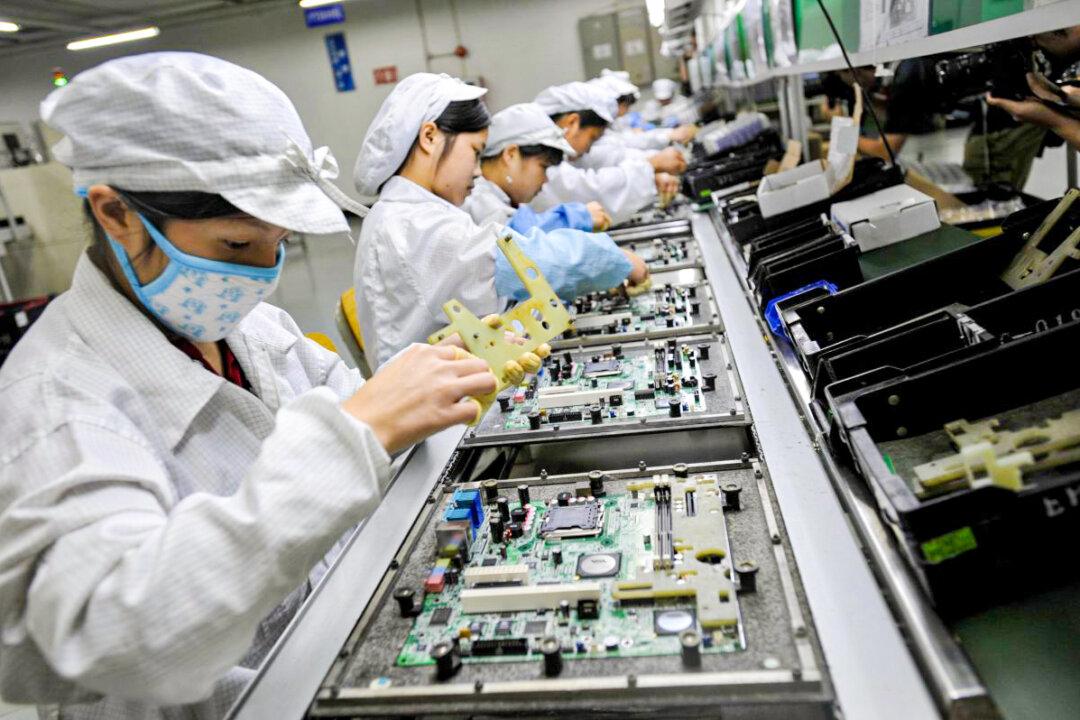China’s ruling communist regime has started announcing plans to stimulate the domestic economy after the week-long Chinese Lunar New Year celebration. However, experts aren’t optimistic about China’s economic prospects and anticipate another wave of company exits.
Authorities in many provinces and cities across the country have held high-profile meetings since the Lunar New Year holiday to hammer out the key economic tasks for 2023, according to mainland Chinese media. Provincial officials have signaled plans to “fight for the economy with full strength” during the meetings.




